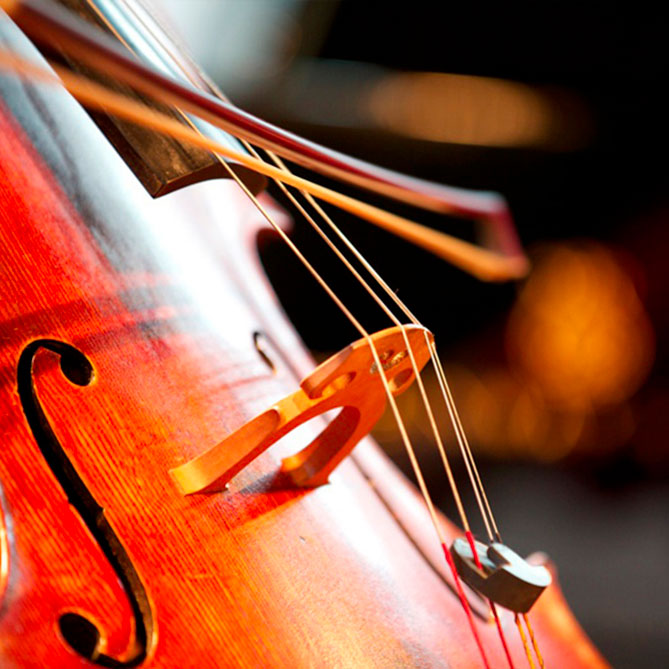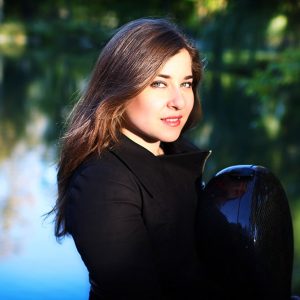
Tour Musings
Alisa Weilerstein
I’m now a few days removed from one of the most exhilarating—and definitely the longest—tours of my life. I’ve grown accustomed to playing a different concerto every week, sometimes with a recital thrown in here and there. But I can’t remember the last time I actually played only one piece for three weeks straight. However, that’s exactly what I did in the last week of March and first two weeks of April; I played Shostakovich 1st Concerto fifteen times across the US with the St Petersburg Philharmonic and Yuri Temirkanov.
I’ve had so many thoughts about this tour and am struggling to consolidate them into a coherent blog entry. I have to start by saying what an incredible musical and educational experience it was for me. There are players in this orchestra who are old enough to remember premiering the Concerto with Rostropovich—indeed, this orchestra premiered most of Shostakovich’s orchestra music. I realize it sounds terribly cliche to say “this music is in this orchestra’s blood,” but it really is the truth. When I first sat down to rehearse with them (more on that in a minute) I honestly felt I had stepped into a different time—their string sound especially is completely unique and very compelling.
About the rehearsal process; Temirkanov is one of those indescribable personalities. Much more vibrational than verbal, he has that intangible quality that inspires every player on stage to reach their fullest musical heights. Moreover, he can produce that sound sometimes without saying a single word. My first rehearsal (and only one that wasn’t a brief-as-possible soundcheck) lasted exactly thirty minutes, and took place at 4:30 p.m. the day of the first concert. That first concert happened to be in Disney Hall. I should also point out that the Concerto is about thirty minutes long including the Cadenza, and that I played the Cadenza in the rehearsal as well. When I told friends and colleagues about this they were naturally quite shocked, but I have to say I’ve rarely felt such a musical kinship with an orchestra. The ensemble between us was generally great in every concert even though we played in wildly different acoustics each night.
Naturally I’ve also been thinking about what it means to play one piece fifteen times in a row, especially one as emotionally and physically demanding as Shostakovich 1. I remember the first time I played it with orchestra (in Aspen about eleven years ago) I lost three pounds. Much to my chagrin it no longer has the same effect! But in all seriousness, it was really fascinating to have the opportunity to experiment with the Cadenza so many times. I’ve always tried to pace it incrementally and that’s always been my greatest challenge. It’s very easy to get swept away by the many incredible moments that are interspersed throughout the movement. This sounds paradoxical, but I feel that the experience of playing the piece so many times in a row gave me the freedom to be disciplined, in a way. I noticed in the last performance that my sound might have had less angst, as it were, but was more in the character of the music. This leads me to something Rostropovich told me in the only lesson I ever had with him; Shostakovich’s music can rarely “suffer” outwardly in the style of romantic music. On the outside you have to wear a poker face even if on the inside you are utterly anguished. For me that is a balance I’ve been trying to reach for a long time and am still working towards. I’m happy to say that the experience of playing this piece over and over again in such a concentrated way, and being in the presence of and listening to Temirkanov and the Orchestra has helped me enormously with that process.
Subjects: Artistic Vision, Travel
